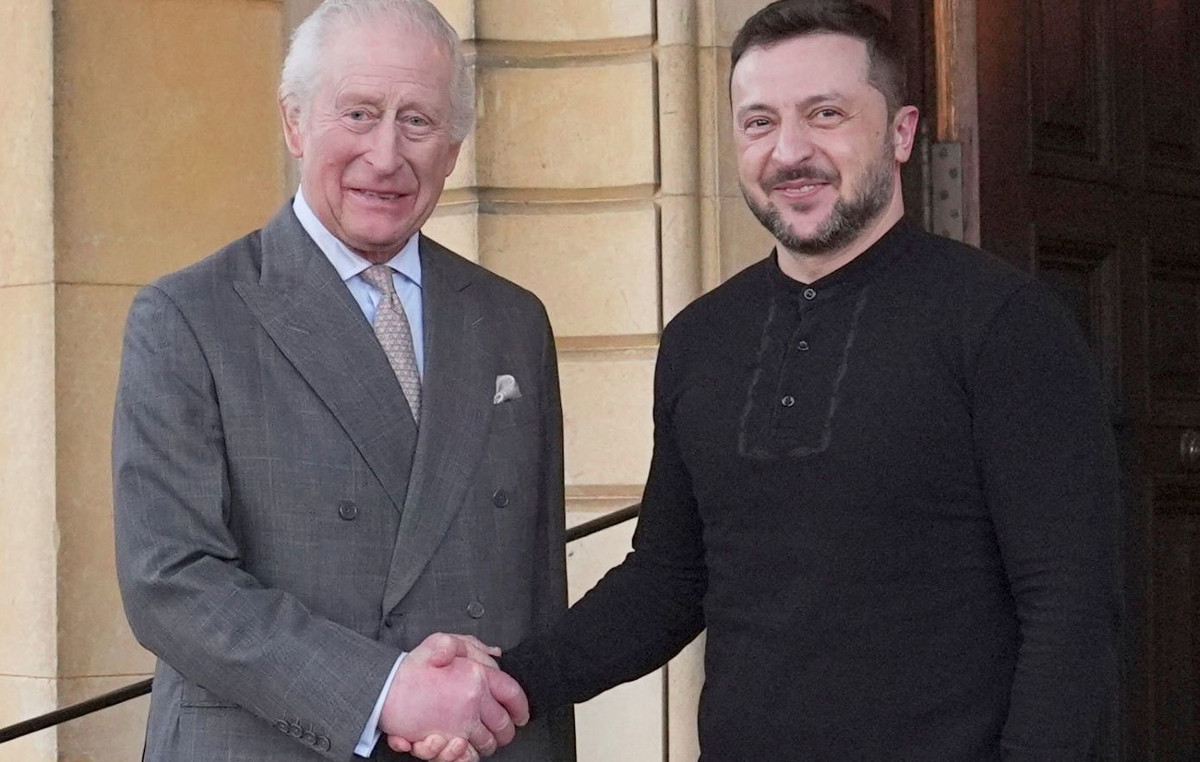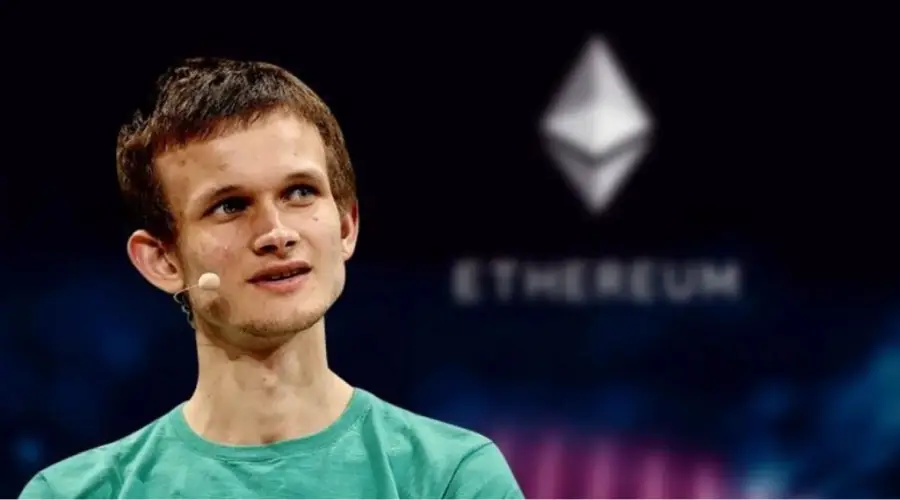The EU will invest more than 40 billion euros in the production of semiconductors (microchips). Its goal is to reduce its dependence on Asian and US markets.
“Europe started all the radical changes in the industrial sector, now Europe can become the cradle of a new industrial revolution.” With these words, the President of the Commission Ursula von der Leyen described the ambitious goal of the EU of 27 to play a leading role in the design and production of the so-called “semiconductors” (microchips). These are tiny electronic circuits that are essential in the construction of computers, as well as in the medical device industry or the automotive industry, for example in electrical and hybrid engine systems.
With the law “European Chips Act”
The EU now wants to boost semiconductor production in the EU by € 43 billion by 2030, while easing restrictions on state-subsidized industry support. Ideally, the increased financing and the provision of loans on favorable terms will create suitable conditions for the development of start-ups. Competition Commissioner Margaret Vestager clarifies that the aim is not only to strengthen the big industry in the most powerful Member States, but also to set up small, flexible businesses across Europe that may be able to operate as suppliers.
Today the EU has a market share of only 10% in the global semiconductor market. The new legislation estimates that the share could increase to 20% in the next eight years. To do this, says Industry Commissioner Thierry Breton, total production of semiconductors in Europe must quadruple, given that demand is expected to double by the end of the decade. A new element in European legislation is that the Commission is given the opportunity to declare the domestic market a “state of emergency” when there are major supply chain shortages or disruptions and to limit exports to third countries, especially those supported by European grants. “Of course we have to be very careful when imposing export restrictions,” warns Commissioner Vestager.
Global competition
With the new legislative initiative, Europe is trying to strengthen its position in the intensifying competition with the USA and Asia. The Americans have already invested about $ 52 billion in the domestic computer industry, while China is stepping up $ 150 billion in research into the big state-owned companies in the industry. “Europe has not lost the bet yet,” said Luc van de Hove, head of the Imec semiconductor company based in Leuven, Belgium. He even believes that “Europe has a lead in some areas, for example in the construction of machines that place semiconductors in silicone coatings.” In addition, some gases and chemicals that are necessary for the final processing of semiconductors are mainly produced in Europe. “After all, we do not hesitate to do everything ourselves,” Van de Hove told DW, “but we must strengthen Europe’s position so that others depend on us and not the other way around.”
In recent decades, complex supply chains have sprung up around the world. Today, semiconductors are mainly produced in Taiwan, South Korea and China. The final stage of processing takes place almost exclusively in Asia, only the design of new technologies takes place partly in Europe or the USA. “The Commission’s goal is to move the entire production chain to Europe,” said Commissioner Vestager. In each case, they have seized it, despite obstacles we can scarcely imagine. ”
In a recent text published by the two researchers, they point out that “the final stage is becoming increasingly important for the development of strong and energy-efficient semiconductors, and in this area China has gained a large market share, which poses risks to Europe.” “. In addition, China has large reserves of “rare earths”, raw materials needed to build semiconductors.
Lack of specialized staff
Commission President Ursula von der Leyen is urging Europeans to forge more alliances with companies in the United States and Japan to end China’s current dependence on China. In addition, the European Commission will promote the training of specialized personnel, but also the creation of small “silicon valleys” in Europe, as is the case for example in the German state of Saxony, but also in France, Belgium and the Netherlands.
Byrd Riegert
Edited by: Giannis Papadimitriou
Source: Deutsche Welle
Source: Capital
Donald-43Westbrook, a distinguished contributor at worldstockmarket, is celebrated for his exceptional prowess in article writing. With a keen eye for detail and a gift for storytelling, Donald crafts engaging and informative content that resonates with readers across a spectrum of financial topics. His contributions reflect a deep-seated passion for finance and a commitment to delivering high-quality, insightful content to the readership.







